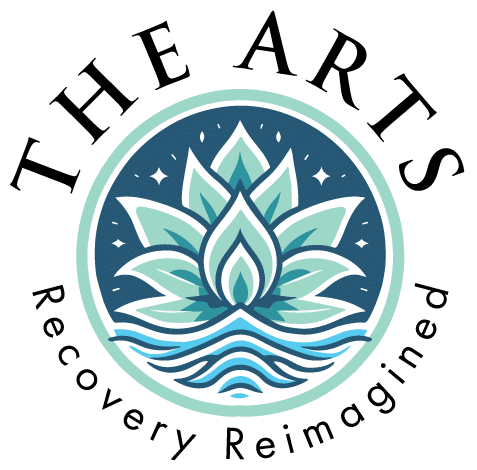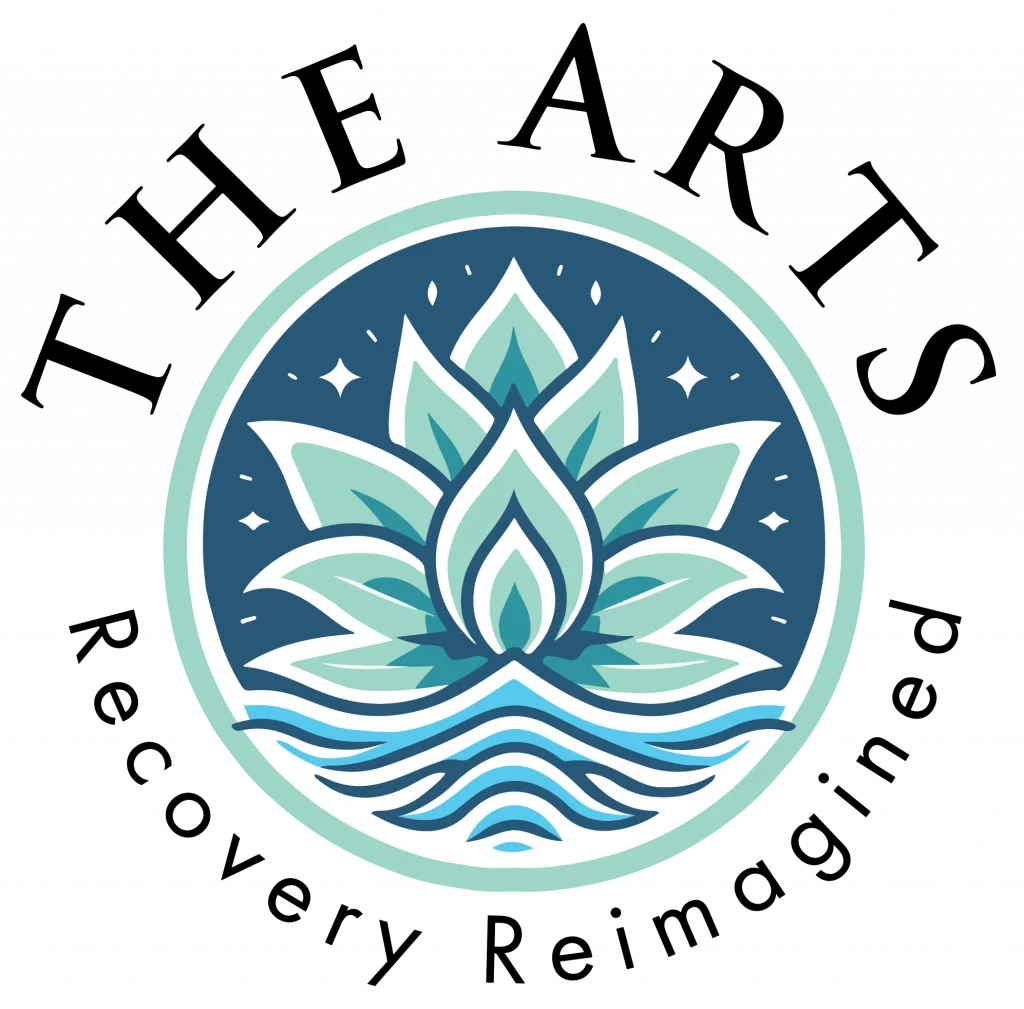Sleeping pills are commonly prescribed to manage insomnia. According to the CDC’s 2023 report, 8.4% of adults aged 18 and older took sleep medication either every day or most days to help them sleep during the 30-day measurement period. An additional 10% of adults took sleep medication some days. With those two statistics combined, it can be estimated that nearly 20% of adults take sleep medication of some kind during a 30-day period.
So, how addictive are sleeping pills?” Keep reading to learn what sleeping pills are, why they are addictive, who is most at risk, and what treatment options for addiction to sleeping pills are available.
What Are Sleeping Pills?
The FDA refers to sleeping pills as sedative-hypnotic drugs used to induce or maintain sleep. There are at least two main types of sedative-hypnotic drugs: benzodiazepines (sometimes called “benzos” and considered a CNS (central nervous system) stimulant; examples include Xanax or Valium) and Z-drugs (such as Ambien or Lunesta). Benzodiazepines and Z-drugs differ in the way they target the brain, their intended use, and their risks. At a glance:
Benzodiazepines may be used to treat a variety of conditions such as anxiety disorders, mood disorders, muscle spasms, seizures, and insomnia. They tend to have a higher risk of dependency and can lead to withdrawal symptoms if use is stopped abruptly.
Z-drugs are typically just for insomnia and are not used for anxiety or other conditions. They are designed for difficulties falling or staying asleep, and while they are considered lower risk for dependency, they still have the potential for misuse.
Why Are Sleeping Pills Addictive?
While Benzodiazepines have a higher potential for addiction, both types of sleeping pills can be addictive. Two main reasons sleeping pills are addictive are the physical and psychological dependencies they can create.
Physical Dependence
The body will adapt to sleeping pills and become reliant on them. This can lead to undesirable withdrawal symptoms such as anxiety, irritability, aches, or “rebound insomnia”, an exacerbation of the original insomnia. Over time the body also becomes more dependent on the medication and may require even higher doses for efficacy.
Psychological Dependence
The mind will also start to rely on sleeping pills when taken long-term (defined by most as anything over two to four weeks). The fear of not being able to fall asleep or stay asleep without medication is very real, and it can be easy to fall into the habit of using sleeping pills as a stress management tool.
Because sleeping pills often provide immediate relief in the short-term, they can create a false sense of safety which can lead to misuse.
Who is Most at Risk for Addiction to Sleeping Pills?
There are a variety of factors that make one more susceptible to addiction to sleeping pills. Duration of use, previous history of substance abuse, mental health disorders, or combining sleeping pills with other substances are just a few of the many factors that could put someone at greater risk. In fact, in 2021, nearly 14% of overdose deaths that involved opioids also involved benzodiazepines.
Young adults and teens who are using sleeping pills recreationally (experimenting) or older adults with cognitive decline or confusion around recommended dosing may also be more at risk for addiction to sleeping pills.
Alternatives to Sleeping Pills
So, how addictive are sleeping pills? A 2020 SAMHSA (Substance Abuse and Mental Health Administration) survey revealed that 3.7% of people misused CNS stimulants such as benzodiazepines. Sleeping pills have a high-potential for addiction and some academics even suggest there are parallels to the opioid epidemic. There is a growing body of clinicians who don’t think sleeping pills are necessary, particularly past the two to four-week window, and are encouraging alternatives. The National Institutes of Health (NIH) has many non-addictive treatment suggestions, including Cognitive Behavioral Therapy for Insomnia or CBT-I.
The ARTS IOP Can Help
The Addiction Recovery and Treatment Services Intensive Outpatient Program (ARTS IOP) offers treatment options for overcoming addiction, including addiction to sleeping pills. Evidence-based therapies such as CBT-I or Motivational Interviewing (MI) can be part of a personalized treatment plan to address an individual’s unique needs, and we offer multiple therapy options including group therapy, counseling sessions, and educational workshops. The ARTS IOP focuses on individualized care and holistic healing. It allows for flexible scheduling so participants can maintain their daily routines and can be an essential resource for anyone seeking freedom from addiction.
To learn more about how The ARTS IOP can support you and your journey toward recovery, please reach out to us today.

